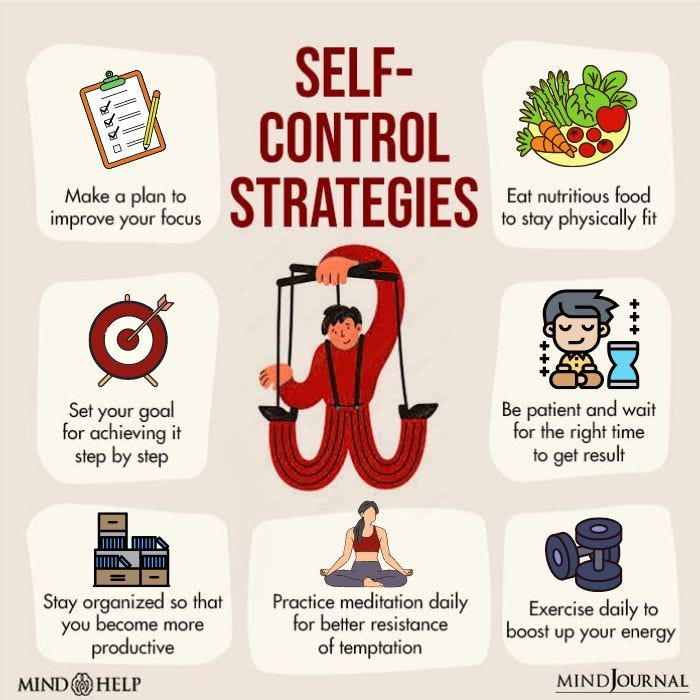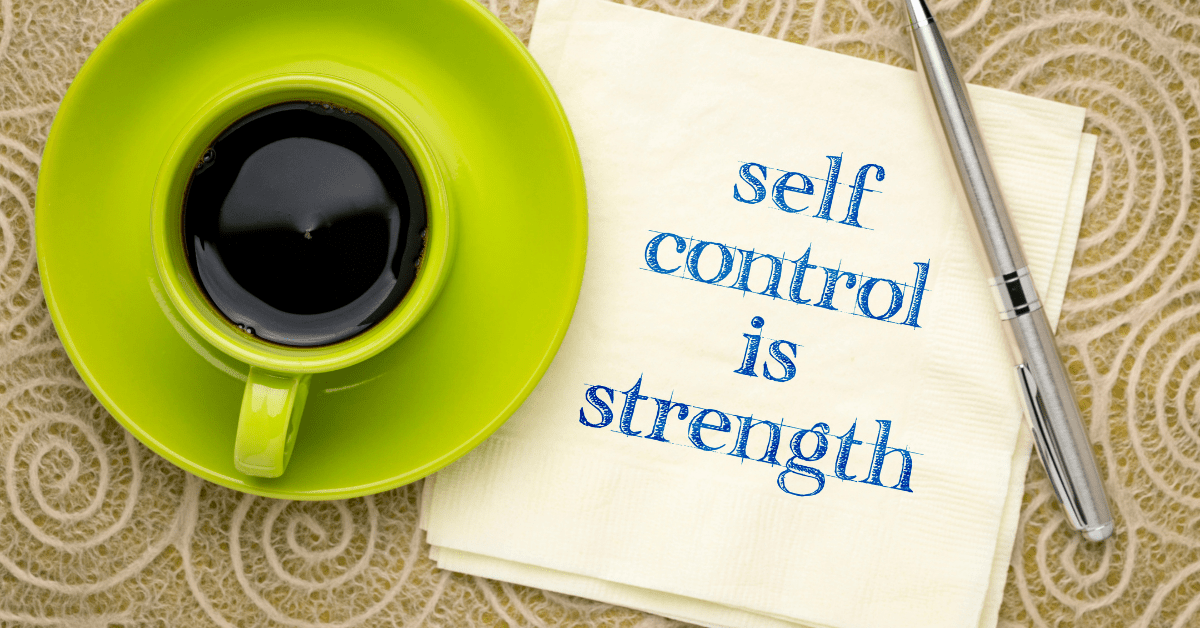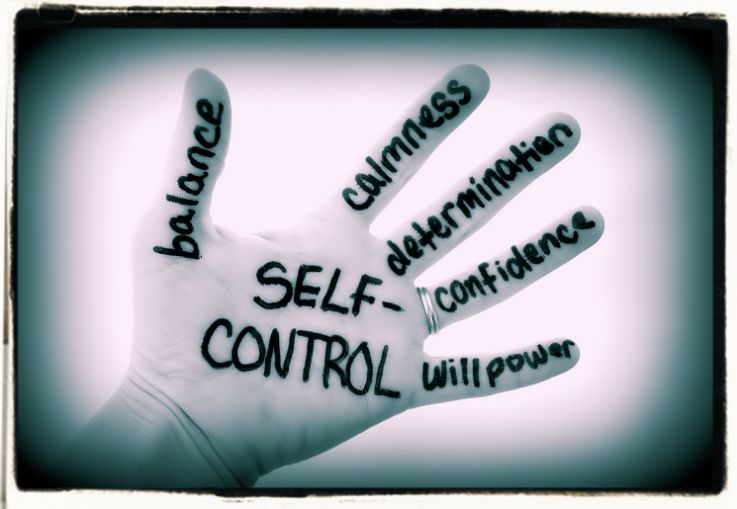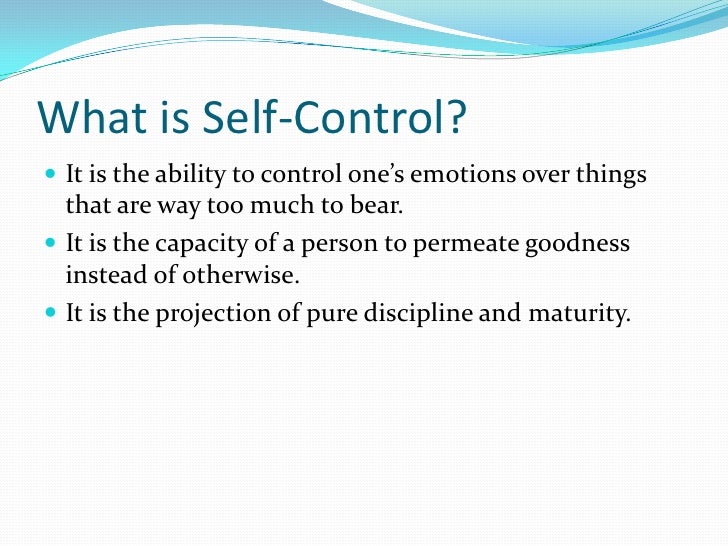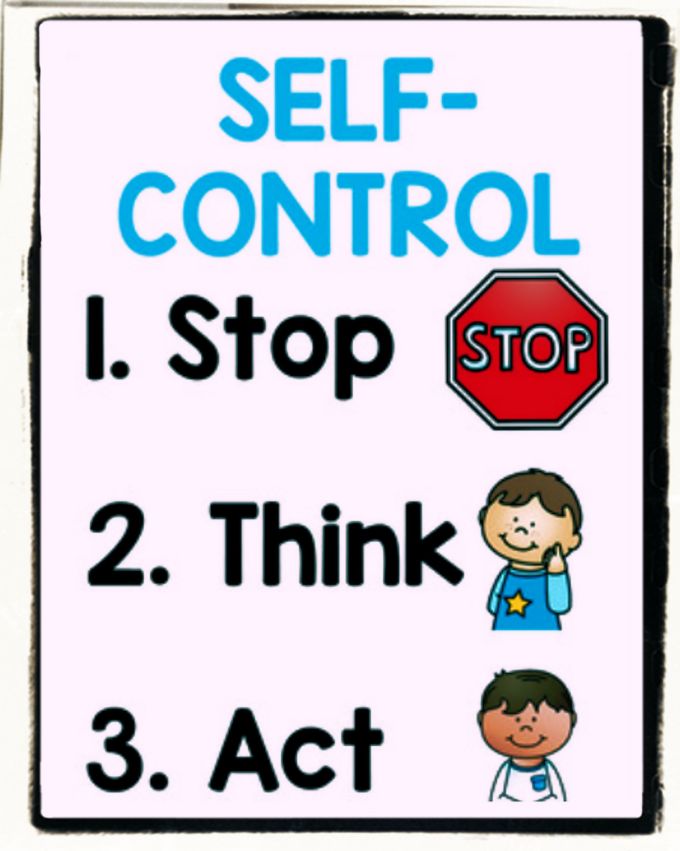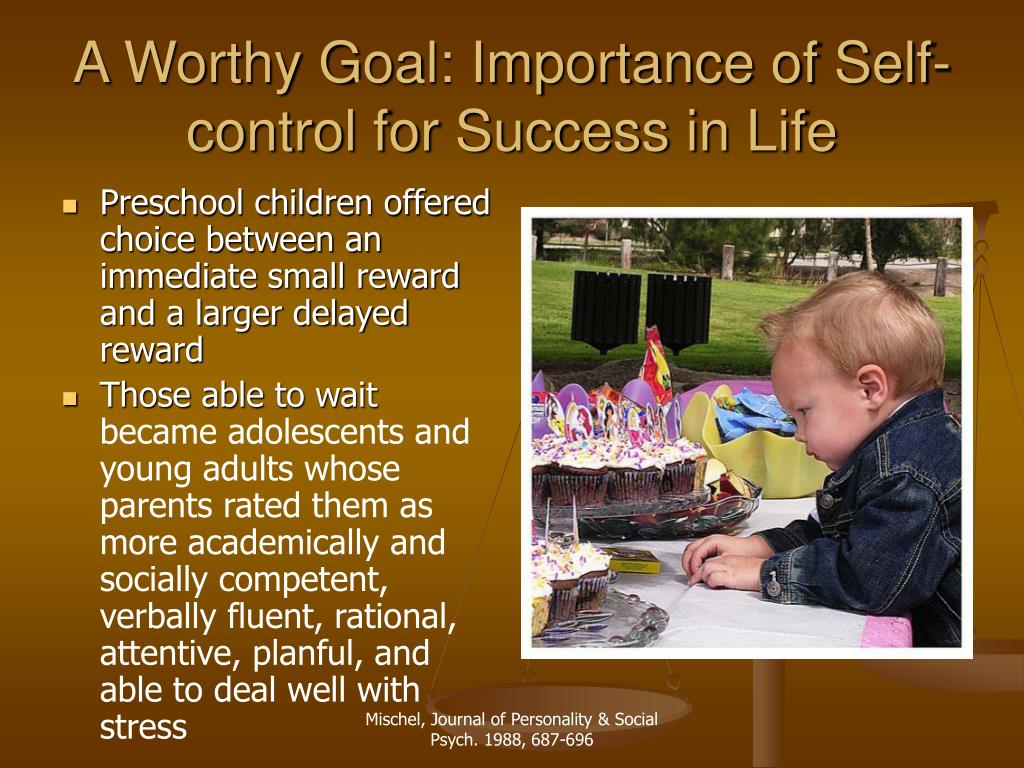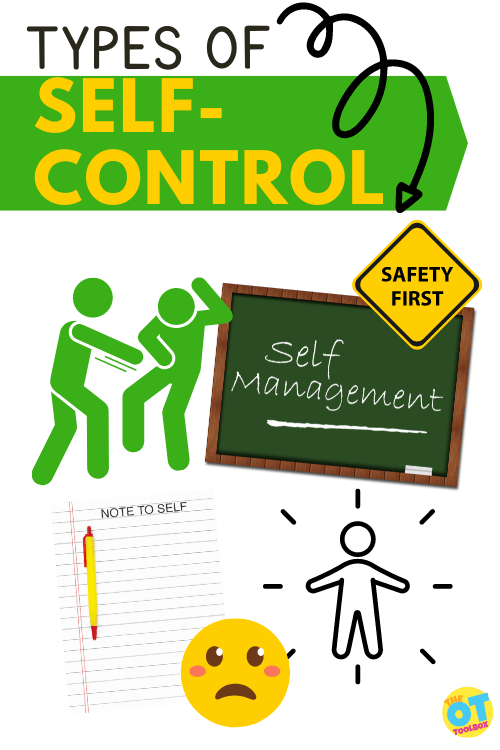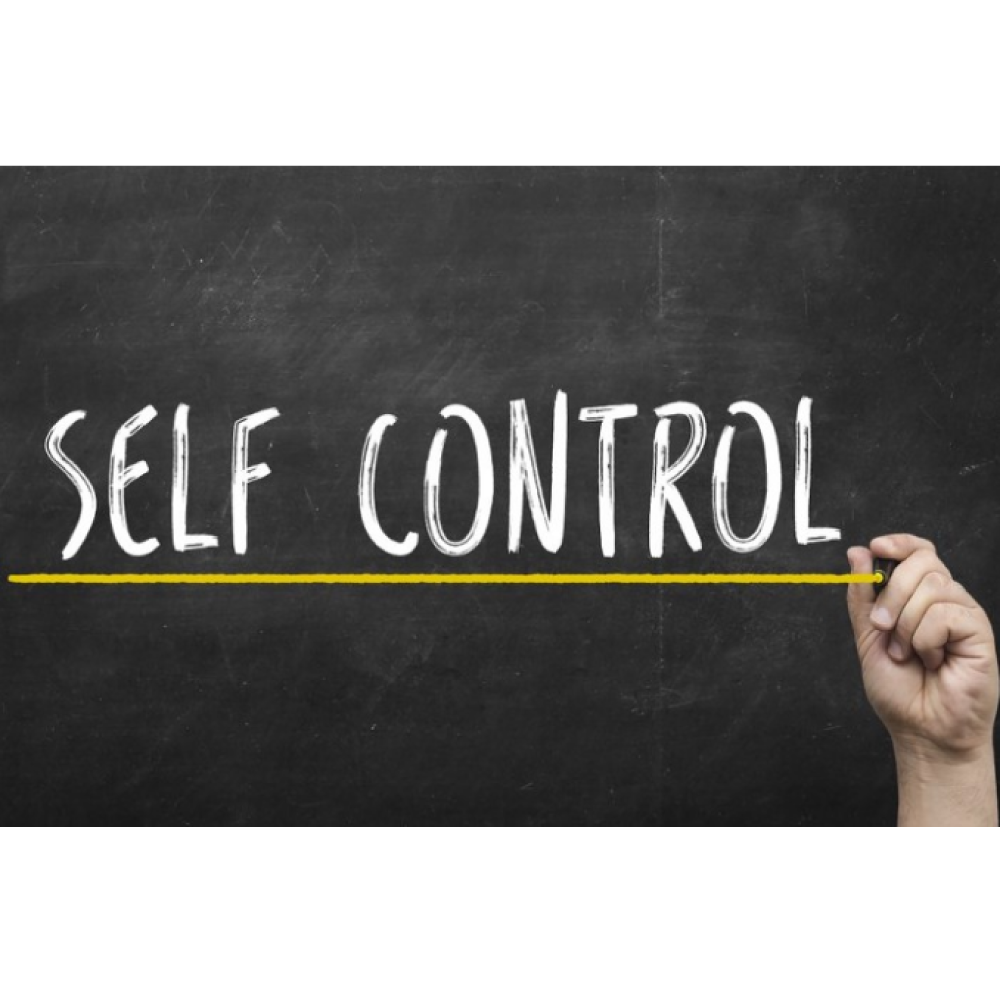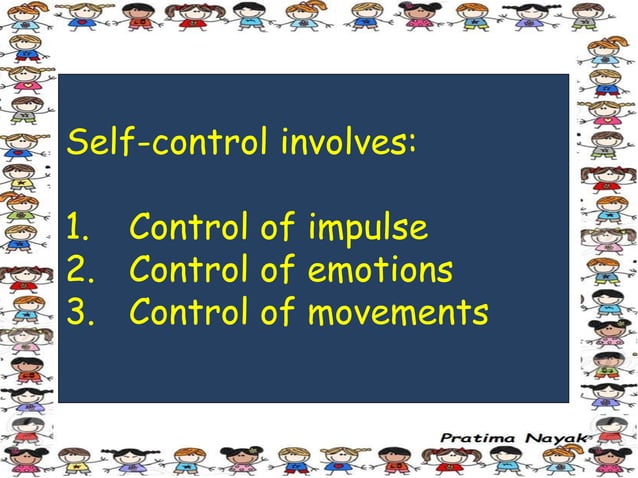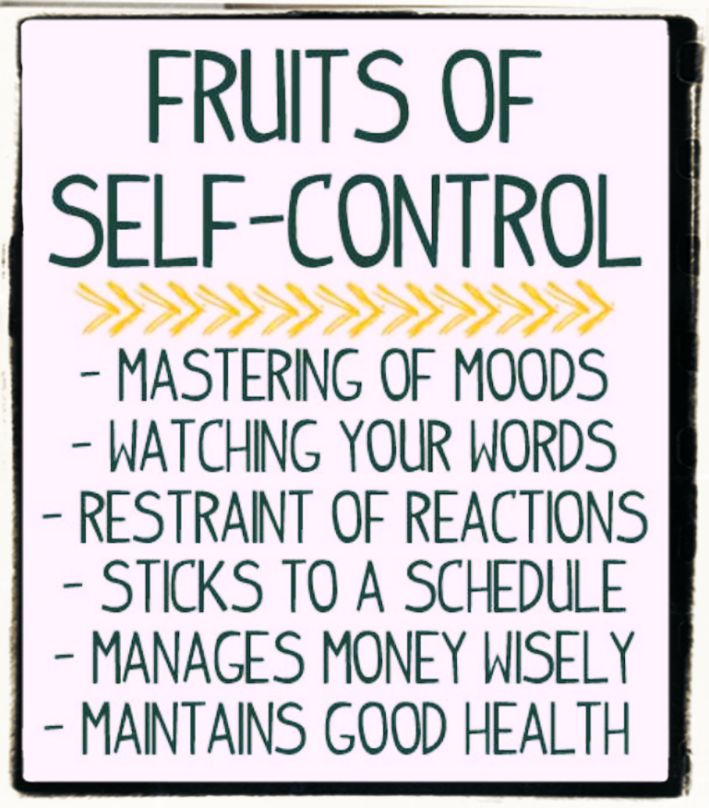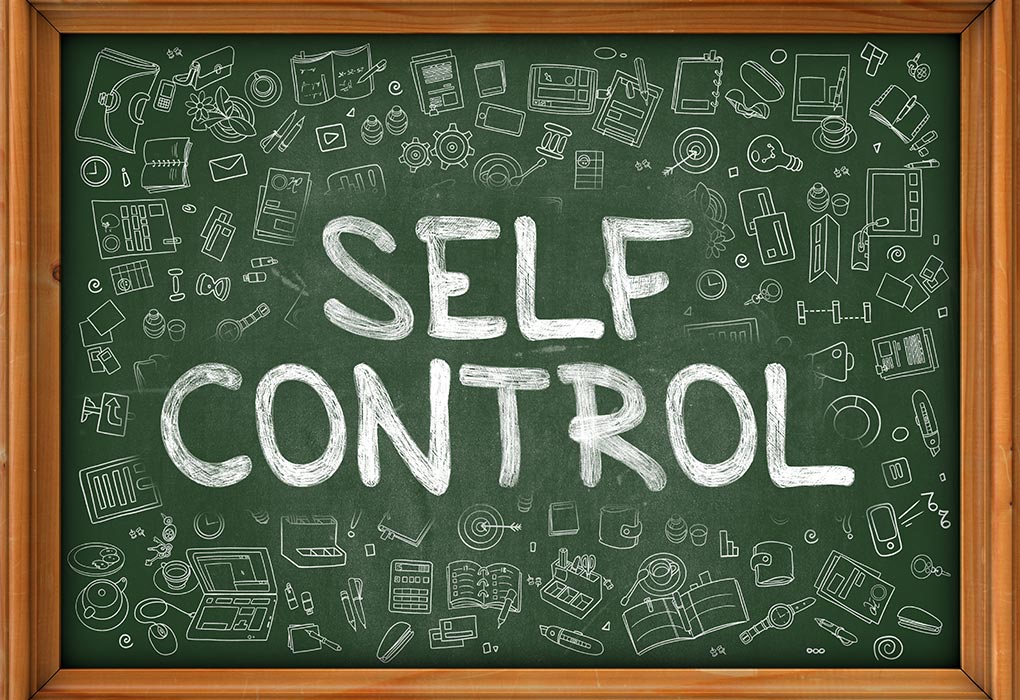What Is The Importance Of Self Control

In a world characterized by instant gratification and constant stimulation, the ability to regulate one's impulses and emotions, known as self-control, is increasingly recognized as a cornerstone of individual success and societal well-being. From personal finances to academic achievements and interpersonal relationships, the influence of self-control permeates various aspects of life. But how important is it really?
At its core, self-control, or self-regulation, encompasses the capacity to manage one's emotions, thoughts, and behaviors in the face of temptations and impulses. The importance of self-control lies in its impact on long-term goals, personal health, and social harmony, all of which are critical for navigating the complexities of modern life and achieving lasting fulfillment. This article explores the multifaceted importance of self-control.
The Foundation of Success
Self-control has been consistently linked to academic achievement and professional success. Individuals with high levels of self-control tend to perform better in school, exhibit greater persistence in pursuing their goals, and are more likely to avoid procrastination.
According to a study by Dr. Angela Duckworth, author of Grit: The Power of Passion and Perseverance, self-control is a more significant predictor of academic success than intelligence. This highlights that the ability to delay gratification and maintain focus on long-term objectives can significantly outweigh raw intellectual ability.
In the professional realm, self-control plays a crucial role in effective leadership, teamwork, and career advancement. Employees with self-control are better equipped to manage stress, resolve conflicts constructively, and maintain a positive work ethic, enhancing both their individual performance and the overall productivity of the workplace.
Health and Well-being
The impact of self-control extends beyond academics and career, profoundly affecting physical and mental health. Numerous studies have demonstrated a strong correlation between self-control and healthy lifestyle choices.
Individuals with high self-control are more likely to engage in regular exercise, maintain a balanced diet, and avoid harmful behaviors such as smoking and excessive alcohol consumption. The American Psychological Association emphasizes that strengthening self-control abilities can significantly reduce the risk of developing chronic diseases and improve overall physical well-being.
Furthermore, self-control is vital for mental health. It enables individuals to manage stress, regulate emotions, and cope with adversity effectively, thus reducing the risk of anxiety, depression, and other mental health disorders. Developing self-control strategies such as mindfulness and cognitive restructuring can empower individuals to navigate life's challenges with resilience and emotional stability.
Building Stronger Relationships
The capacity for self-regulation is essential for fostering healthy and fulfilling relationships. Self-control allows individuals to communicate effectively, manage conflicts constructively, and empathize with others' perspectives.
Dr. John Gottman, a renowned relationship expert, underscores the importance of self-control in maintaining harmonious partnerships, explaining that individuals who can regulate their emotions are better equipped to respond to their partner's needs and resolve disagreements without resorting to destructive behaviors.
Moreover, self-control plays a pivotal role in parenting. Parents with high self-control are more likely to provide consistent discipline, model positive behaviors, and create a nurturing environment for their children. This, in turn, fosters healthy emotional development and strengthens the parent-child bond.
Cultivating Self-Control
While some individuals may naturally possess higher levels of self-control, the good news is that it is a skill that can be developed and strengthened through deliberate practice. Techniques such as setting clear goals, implementing coping strategies, and seeking social support can all contribute to enhancing self-control abilities.
According to research by Stanford University, even small acts of self-discipline, such as resisting the urge to check social media or opting for a healthier snack, can gradually strengthen self-control muscles over time.
Furthermore, mindfulness practices, such as meditation and deep breathing exercises, have been shown to enhance self-awareness and improve emotional regulation, making it easier to resist impulsive behaviors and make more conscious choices.
Conclusion
In conclusion, self-control stands as a critical skill that underpins success in academics, careers, health, relationships, and overall well-being. By understanding the importance of self-control and actively working to develop it, individuals can unlock their full potential, navigate life's challenges with greater resilience, and contribute to a more harmonious and prosperous society.
As the demands of the modern world continue to escalate, the ability to manage one's impulses and emotions will only become more valuable, making self-control a cornerstone of personal and collective flourishing.
:max_bytes(150000):strip_icc()/psychology-of-self-control-4177125_v2-1519c48033f94be783e79f3adce2821d.png)
